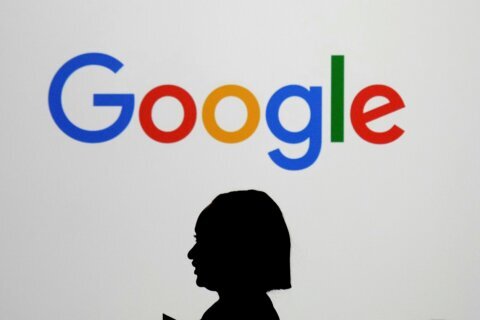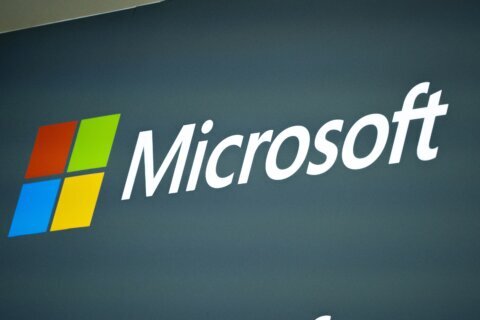Q: How are spammers putting things in my calendar without my knowledge?
A: Spammers and scammers are constantly on the prowl to find new ways to get to us and the open architecture of most calendar programs is a growing target.
A standard known as iCal or iCalendar (not to be confused with Apple’s former iCalendar application) is a universal media type that makes exchanging or sharing calendars and scheduling events easy.
This provided interoperability between all digital calendars no matter what operating system or device it’s being used on so when someone sends you an invitation, you don’t have to add it to your calendar manually.
A possible hazardous result of calendar spam is malicious links within the details, trying to lure you to a dangerous site or an attached malicious file.
Numerous methods are being used to exploit this convenience feature, so understanding them can reduce your chances of being victimized.
Email Invitations
Depending on which calendar program you’re using and how it’s been configured, it’s possible for someone to simply send you an email message with a properly crafted invitation to get on your calendar.
You’ll need to search through your calendar’s settings menu to find something that refers to “automatic events” or “add invitations” and make sure it doesn’t allow all invitations automatically.
Specific tips on managing calendar additions are available online for Google Calendar, Apple Calendar and Microsoft Outlook.
Phishing or Spoofing
As with other clever email scams, if a message comes to you with an attached calendar event and you click on it because it looks like it’s from someone you know, they may sneak into your calendar.
These attached invitations usually have either a “. ics” or “. ical” extension. For example, “invite.ics” is usually shown at the bottom of the message.
Scammers can also use language that seems urgent in the message to get you to react quickly without thinking things through, so always take some time reviewing invitations before clicking on them.
Calendar Subscriptions
If you find your calendar is suddenly loaded with new events that are spam messages, it means that you fell for something that allowed you to subscribe to their malicious calendar.
This one usually involves tricking you into clicking on something completely unrelated to your calendar, which is masked as a calendar subscription.
The good news is that this type of nuisance is easily cleaned up by removing or unsubscribing from the junk calendar.
Shared Calendars
If you’ve shared your calendar with others or accepted calendar invitations from others, they could be the source of the junk events in your calendar. They’ll usually be color-coded to represent the other person’s calendar, making it easy to determine if this is the source.
If so, contact the person to let them know about the unwanted entries so they can clean it on their end. If they don’t or can’t respond, remove them from your shared calendar section to avoid seeing their mess.
Ken Colburn is founder and CEO of Data Doctors Computer Services. Ask any tech question on Facebook or Twitter.







